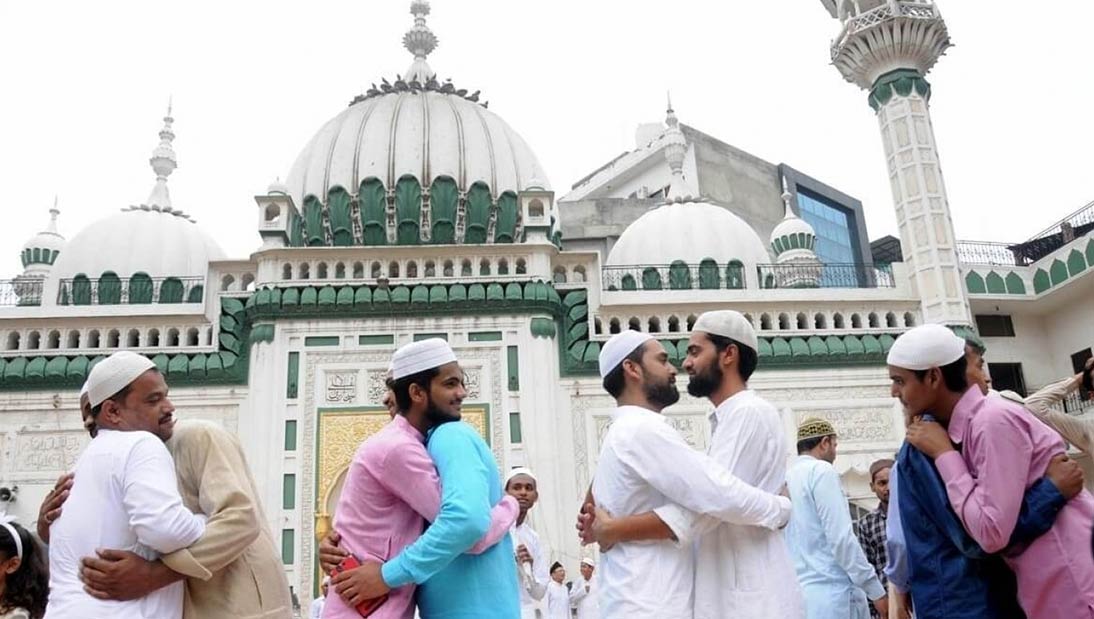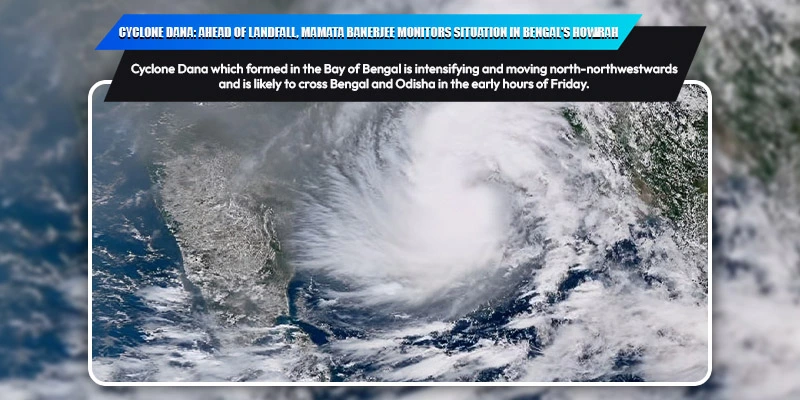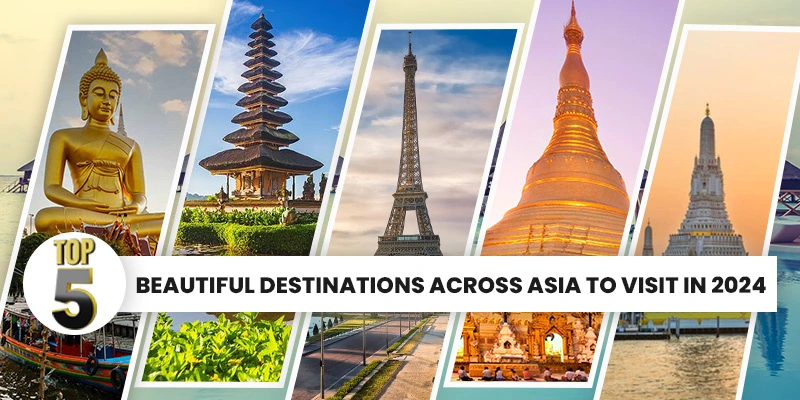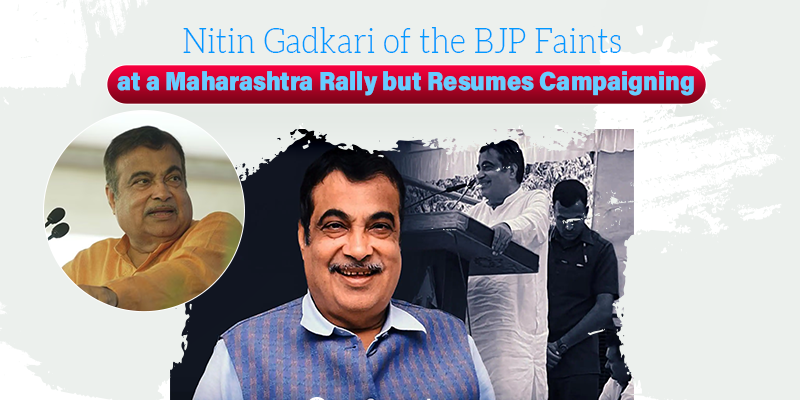
Eid al-Fitr is celebrated with great gusto amongst the Muslims all over the world it is one of the primary and much-awaited festivals. The day is marked as the one on which the holy one-month-long fast which Muslims practice from dawn to dusk continually over this period i.e. also known as Ramadan, is ended. The day is celebrated by offering prayers at the Masjid or at an open ground where a large number of people gather together chanting Allahu Akbar meaning “The God is Greatest”. According to Islam this day holds great significance because it is deeply associated with the religious sentiments of Islamic people. After offering prayers the celebrations are followed by preparing various delicacies and distributing them among near and dear ones which are prepared in accordance with the main theme of Eid cuisine. This also credits the day with the epithet “Sweet Eid”.
Culture and Tradition
If we go back and scan the pages of history we find that this epic festival was founded by Islamic Prophet Muhammad. Certain customs and traditions mention that Eid al – Fitr was one of the two festivals celebrated on two fixed days of festive proceedings of Allah, the second being Eid al-Adha. It is also known that Anas, who was a close accomplice of Muhammad had narrated this when the latter arrived in Medina and found people celebrating and reveling.
Essence of Eid
Talking about the various rituals associated with this important festival of Islamic people one becomes aware of the importance and significance of the crescent moon as the celebrations begin at the sunset and people wait for the first glimpse of it. If by any chance the moon does not appear in the night sky considering some sundry reasons, it’s made sure that the festival is celebrated the following day. In different countries, the festival is celebrated usually for one to three days. It’s also proscribed to hold a fast on this auspicious day in Islam. A distinct prayer is offered on this day which is preceded by an imperative offering of alms to the poor and needy.
Generally, the prayer is offered by people in an open space or at the Mosque. The features of the prayers offered are decided according to the branch of Islam involved. The Shia and the Sunni Muslims perform the various rituals and prayers as it is stipulated by their well-organized institutions. It’s very much conspicuous that both the branches of Islam have a certain dichotomy when it’s concerned with the ways and norms associated vis-à-vis offering prayers as well as a few elements related to some of their rituals.
The celebrations are also marked by people decorating their homes and they’re dressing elegantly on this day. People greet each other with “Eid Mubarak”, another connotation of the same could be “Blessed Eid”. They then seek and invigorate each other to seek and offer forgiveness for their past actions. Most institutions including schools and colleges as well as offices and businesses are closed usually all over the world as nations usually adhere to their established systems.
Hues of Eid in India
In India on this day of Eid, it’s a public holiday. The celebrations begin after people see the grand sight of the New moon which is also known as “Chaand Raat”. This is followed by people heading to the markets places and finishing their shopping for new clothes and gifts for their near and dear ones. Returning home they engage themselves in preparing the myriad dishes for the next day they would feast on. Some very prominent names would be Biryani, Sheer Kurma, and Sainvaiyan although the list is very much elaborate. In the morning the Muslims go to the Mosque to offer prayers and oblations. Women and girls put mehndi i.e., Henna in each other’s hands. Children are also given gifts and cash in hand which is well known as “Eidi”. Considering the fact of India is a secular country and a home to a population of 10.9 percent of Muslims it’s an important and also a festival of great significance in the country. Islam being the religion with the second-highest population of people around the world adds even more worth to this festival, making it a day of great importance in Islamic people’s lives.










